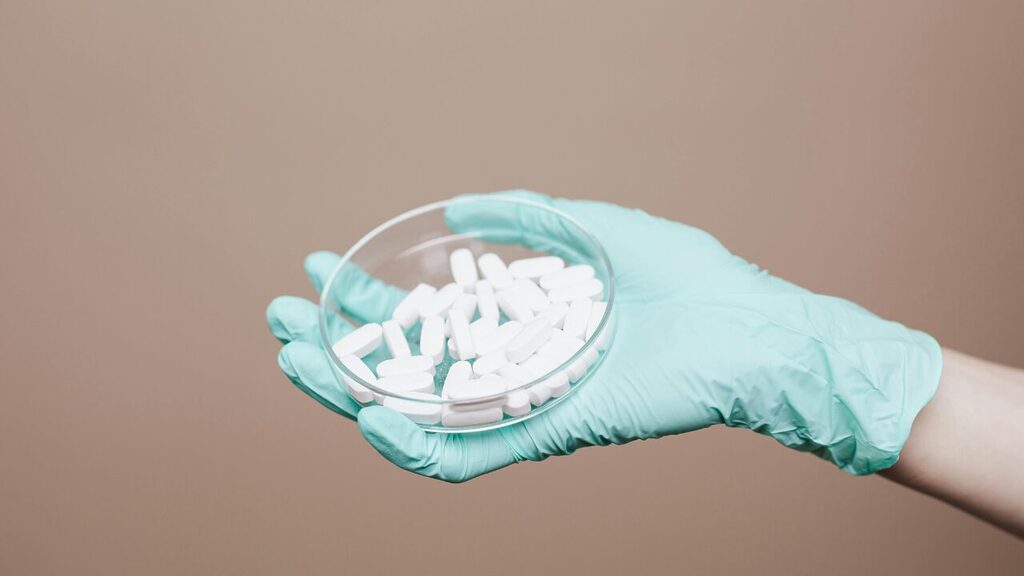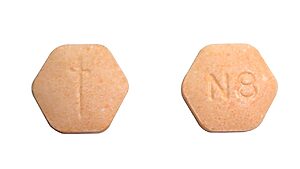The landscape of substance abuse is constantly evolving, and one of the most alarming trends in recent years has been the rise of synthetic drugs. These man-made substances pose significant risks to public health and present unique challenges for law enforcement and treatment providers. Understanding what synthetic drugs are and their potential dangers is crucial for prevention and effective intervention.
Defining Synthetic Drugs
Synthetic drugs, also known as designer drugs or novel psychoactive substances (NPS), are artificially created compounds designed to mimic the effects of illegal drugs. Unlike traditional drugs derived from natural sources, synthetic drugs are entirely manufactured in laboratories.
Synthetic drugs are engineered to produce similar highs to substances like marijuana, cocaine, or ecstasy. However, their chemical structures are often slightly altered to bypass legal restrictions, making them particularly dangerous and difficult to regulate.
Categories of Synthetic Drugs
Synthetic drugs fall into several categories, each with its own set of risks and effects:
1. Synthetic Cannabinoids
Commonly known as “K2” or “Spice,” these substances are designed to mimic the effects of THC, the primary psychoactive component in marijuana. However, their effects can be much more intense and unpredictable.
2. Synthetic Cathinones
Often marketed as “bath salts,” these stimulants produce effects similar to amphetamines or cocaine. They can cause severe paranoia, hallucinations, and violent behavior.
3. Novel Psychoactive Substances (NPS)
This broad category includes a wide range of substances designed to mimic various illegal drugs. New NPS are constantly being developed to stay ahead of legal restrictions.
The Dangers of Synthetic Drugs
Synthetic drugs pose numerous risks that make them particularly dangerous:
Unpredictable Effects
Due to their ever-changing chemical compositions, the effects of synthetic drugs can be highly unpredictable. Users may experience severe reactions even with small doses.
High Addiction Potential
Many synthetic drugs are highly addictive, leading to rapid dependency and severe withdrawal symptoms.
Severe Health Risks
Synthetic drug use has been linked to organ damage, psychosis, and even death. The long-term effects of many of these substances are still unknown.
Lack of Quality Control
Produced in clandestine labs without any oversight, synthetic drugs often contain unknown and potentially toxic ingredients.
Challenges for Law Enforcement and Healthcare Providers
The rapidly changing nature of synthetic drugs presents significant challenges:
Legal Gray Areas
Manufacturers often alter chemical structures to stay ahead of laws, creating substances that may not be explicitly illegal.
Detection Difficulties
Standard drug tests often fail to detect synthetic substances, complicating diagnosis and treatment.
Rapid Evolution
New synthetic drugs emerge faster than laws and detection methods can keep up, creating a constant game of catch-up.
The Importance of Education and Prevention
Given the risks associated with synthetic drugs, education and prevention are crucial. Key strategies include:
- Comprehensive drug education programs in schools
- Public awareness campaigns about the dangers of synthetic drugs
- Training for healthcare providers on identifying and treating synthetic drug use
- Community-based prevention initiatives
Texas Recovery Centers’ Approach to Synthetic Drug Addiction
At Texas Recovery Centers, we recognize the unique challenges posed by synthetic drug addiction. Our approach includes:
- Comprehensive assessment to identify specific synthetic substances used
- Tailored detoxification protocols to manage unpredictable withdrawal symptoms
- Intensive therapy to address the psychological aspects of synthetic drug use
- Ongoing monitoring and aftercare to prevent relapse
Our team stays informed about emerging synthetic drug trends. This allows us to adapt our treatment approaches quickly and effectively, ensuring we provide the most up-to-date care for our clients.
The Path Forward
As synthetic drugs continue to evolve, so must our strategies for prevention, treatment, and recovery. Education, early intervention, and comprehensive treatment are key to addressing this complex issue.
If you or a loved one is struggling with synthetic drug use, it’s crucial to seek professional help. The unpredictable nature of these substances makes self-detoxification particularly dangerous.
At Texas Recovery Centers, we’re committed to providing cutting-edge treatment for all forms of substance abuse, including synthetic drugs. Our experienced team is equipped to handle the unique challenges posed by these substances, offering a path to recovery and renewed health.
Don’t let synthetic drugs control your life. Call us today at 888-354-2194 to learn more about our programs and how we can support your journey to recovery. Your health and future are worth it.













